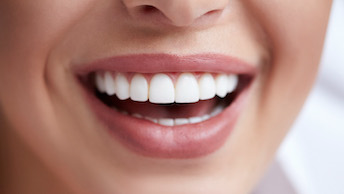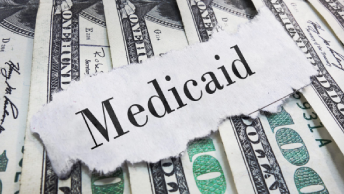What Are The Differences Between Medicare And Medicaid?
The high cost of dental treatment can be unaffordable, so people will want to look for dental insurance that covers it, which may include Medicaid and Medicare. Medicaid and Medicare are two kinds of insurance for different groups of people and various situations. Before making a choice, you need to know the difference between them to decide which is more suitable for your situation.
Who Is Covered By Medicaid And Medicare?
Medicare
Medicaid is a type of federal health insurance primarily for seniors. It applies to people 65 or older in most cases, and to a lesser extent, to some people under 65 with specific disabilities or conditions.
Medicaid
Medicaid is a joint federal and state program that primarily helps people with low-income or limited resources. According to the specific policies of each state, Medicaid typically faces groups including but not limited to low-income adults, pregnant women, the disabled, and children.
* May vary based on regional policies.
What's The Regional Difference Between Medicare And Medicaid Policies?
Medicare
Medicare is a federal program that sets detailed standards for costs and coverage. So no matter which state you live in, Medicare coverage is the same.
Medicaid
The federal government sets general rules that must be followed for all state Medicaid programs, but each state runs its own program for different medical conditions. Therefore, Medicaid eligibility requirements and benefits may have various regulations in each state, and you need to decide whether it applies to you according to your state.
What Are The Dental Benefits Of Medicare?
Original Medicare normally includes Medicare Part A (Hospital Insurance) and Part B (Medical Insurance). As long as you are enrolled in Part A and Part B, you can choose how you access your health insurance. As for dental benefits, Medicare does not cover any dental services directly, while Medicare Part A may help you if an urgent or complex dental surgery is required and hospitalization is involved.
Notably, dental services not covered by Medicare include, but are not limited to procedures and supplies such as cleanings, fillings, tooth extractions, dentures, dental plates, or any dental equipment.
What Are The Dental Benefits Of Medicaid?
For Adults
Dental benefits for adult Medicaid enrollees vary from state to state. While most states provide at least emergency dental services for adults, less than half currently offer comprehensive dental care. Notably, there are no minimum requirements for adult dental coverage.
For Children
Medicaid provides coverage for dental services to all child enrollees as part of a comprehensive benefit called the Early and Periodic Screening, Diagnostic and Treatment (EPSDT) benefit. Dental services for children must include at least: pain and infections relief, restoration of teeth, and maintenance of dental health. The EPSDT benefits require all services provided if they are determined to be medically necessary.
* May be adjusted according to relevant policies.



